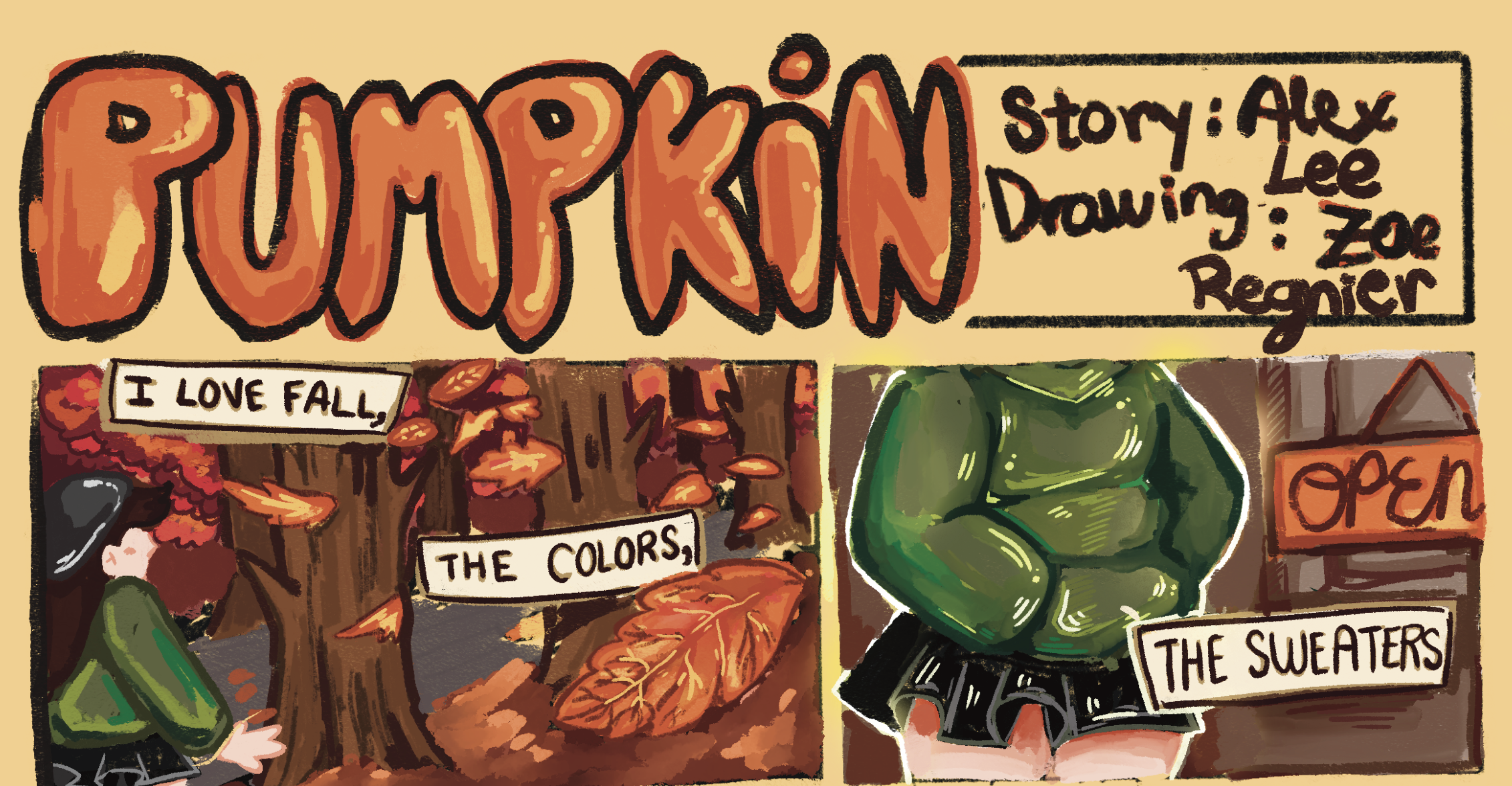
As Thanksgiving draws nearer in the United States, and the larger world is currently examining the effects of colonialism, it’s important to revisit our own histories. Here are three reads from different genres that center Indigenous voices to decolonize your bookshelf this November.
“A Snake Falls to Earth” by Darcie Little Badger
“A Snake Falls to Earth,” by climate scientist and Lipan Apache author Darcie Little Badger, is a subtly-crafted split narrative YA novel full of shapeshifters and magic. It draws on Apache storytelling and emphasizes the importance of orality. I loved it. I appreciated how Little Badger echoed too familiar genocidal histories, but placed those histories in an uplifting fable filled with imagination, adventure, and friendship. Despite its unmistakably modern context, it’s all the same tricks. Confusing contracts and colonizer bullies are pitted against our young narrator, a Lipan girl named Nina. But in this story, we get a happy ending — and just barely, just in the nick of time.
Nina is obsessed with solving the mystery of a story relayed to her by her Great-Great Grandmother Rosita. Rosita says she saw a girl who could transform into a fish in the deep well that lies on the family’s property. Nina has long believed in the oral legends about people who can transform into animals and who are intrinsically linked to their animal counterparts on Earth.
The second voice is Oli, a cottonmouth snake person who lives in the Reflecting World, the world where animal people roam free. He embarks on a desperate quest to save his friend Ami, a toad person whose species is going extinct on Earth. If the toads disappear on Earth, Ami will too. Oli and Nina’s worlds collide when Oli journeys to Earth with his pack of lovable animal friends to enlist Nina’s help.
This is a story about families. It’s a story about the disappearances of peoples and species, and about the trials that still face Indigenous peoples today, who endure and are still among us. It’s a story about language and translation, about what is lost and how we might still preserve it. It’s sure to charm and enchant readers of all ages.
“There There” by Tommy Orange
“There There” by Cheyenne and Arapaho author Tommy Orange shines for its empathy and plurality of voice. There are several narrative voices involved in its craft. Each voice is engaging and showcases a different version of urban Native life. The resulting novel looks to Native futures with a nod to the unforgettable past.
Orange writes themes of belonging, community, addiction, and migration in this powerful woven narrative about identity. There is a diverse cast of characters from Oakland, California — most of them just scraping by — who are brought together as they travel to the Big Oakland Powwow. Each seeks something different from the gathering whether it’s money, information, or communion. Each has a past marked by a complicated relationship with their identity. Orange examines the cognitive dissonance that can exist between identity and lived experiences, writing characters that exist across an identity spectrum.
“There There” is a bravely honest work by a masterful storyteller. Orange extends an impressive and nuanced empathy to his carefully-rendered characters, with all their various strengths and flaws. There are no villains, only people dealing with the circumstances they are dealt.
This is a quick read, and the action chugs along. There is a brief interlude that includes essays which give context to the action in the novel written in the same engaging voice Orange employs for narrative. Despite the multiple character arcs, the story never lags, propelling readers through its action-packed and perhaps inevitable conclusion at the powwow. “There There” was selected as the One Book, One Chicago book of the year for 2023. This initiative encourages Chicagoans to read the book together over the course of the year, and there are likely copies on display in your local Chicago libraries. “There There” is not a story to miss.
“Postcolonial Love Poem” by Natalie Diaz
“Postcolonial Love Poem” is like one long love poem to Indigenous women and girls by Mojave author Natalie Diaz. This poetry collection is an intersectional work that examines how the double forces of colonization and patriarchy have affected Indigenous women and peoples. On its last few pages, Diaz dedicates this anthology to the many missing and murdered Native and Indigenous women and genderqueer and nonbinary Indigenous people living in occupied lands.
Cathartic poems examining historical gendered and racial violences are included beside infinitely more tender pieces that meditate on touch, intimacy, and sexuality. In this way, Diaz calls for a gentler future for Indigenous women and girls.
Diaz places her poems on and off the reservation, locating some pieces in major urban spaces. This recontextualizes preconceived notions of Indigenous lives in America, and reminds the reader of the lasting legacies of displacement. Throughout this collection, Diaz comments on themes of class, addiction, violence, disappearance, preservation, sex, and intimacy.
Diaz draws on both Indigenous imagery and iconographic American imagery. There’s even one reference to Beyoncé. This situates the anthology in its moment in history and breaks the mold of outdated stereotypes of Indigenous peoples. Diaz has a complicated identity with nuanced markers. She is Mojave. She is American. She is queer. This anthology belongs on anyone’s bookshelf who has questioned who they are, and how they got there. It’s a favorite on mine.







